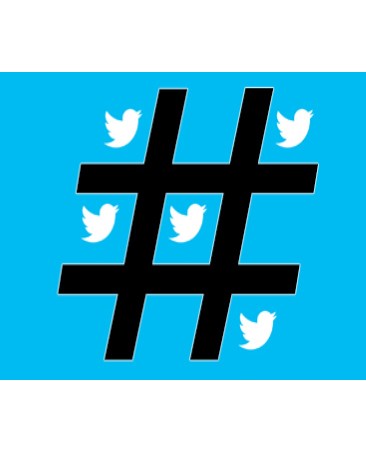By Chimdi Alagor
Although some may dismiss Twitter as a place where people air their most frivolous thoughts, few can argue that it has not had a significant impact on our world, no matter how undeveloped it is. In spite of the 140-character word limit, Twitter has managed to change the way we communicate in a way that Facebook, the more popular social media alternative, cannot.
Before Twitter, celebrities and politicians had publicity teams which filtered everything celebrities posted on social media before it was released. Any statement by Barack Obama or Kanye West first underwent a process that ensured they would not say anything they would potentially regret. However, with the adoption of Twitter, the buffer between the average person and a celebrity disappeared, or at least heavily diminished. Access to Twitter wherever one goes, and the ease of opening the app and releasing one’s thoughts to an incredibly large audience, gives these figures innumerable occasions to say what they truly feel, without thinking about the potential consequences beforehand. This ability to tell everything in such a raw manner is so powerful that politicians have to be especially careful when posting on the service, as the instant nature of the app can occasionally hurt them.
Aside from building the connection and rapport between fan and celebrity,Twitter’s most important impact is probably the way it connects and rallies people for a cause. The term “hashtag activism” is often condescendingly used to refer to how people replace true activism and protesting with lazily posting a tweet with a trending hashtag. To use this word negatively is to ignore the power and importance of mere awareness of a situation, and the effect this online phenomenon has on a cause. In 2014, millions of people used the hashtag #BringBackOurGirls to publicize their discontent over the capture of over 200 Nigerian girls from a school in Chibkok, and the Nigerian government’s slow movement towards finding those girls. Although a tweet cannot literally bring anyone back, this hashtag activism raised awareness of Boko Haram (a group of militant Islamists attempting to overthrow the elected government and create an Islamist state by terrorizing the people of Nigeria), and forced international accountability upon a government that was doing little to stop Boko Haram’s growth. Despite a tweet’s inability to literally save someone, this accountability did lead to a strengthened effort to find these girls, and by the end of the year, the U.S, U.K, and France all promised support to help fight against Boko Haram. Hashtag activism not only helps raise awareness about foreign issues, but it also promotes action around domestic issues, such as police brutality in America. In my opinion, this is where Twitter truly shines: giving a voice to those who are generally never heard in the mainstream media, or in daily American life.
If after reading this anyone still doubts the power of Twitter, then just think about what you probably call the typographic sign “#.” Before Twitter officially adopted (and repurposed) this symbol in 2010, it was almost universally referred to as “the pound sign,” but now most people recognize it as the “Twitter hashtag” symbol. The immediateness of Twitter and the power it wields in 140-character increments have allowed its influence to seep into many aspects of our modern lives with undeniably strong effects, and thankfully, mostly positive ones.

